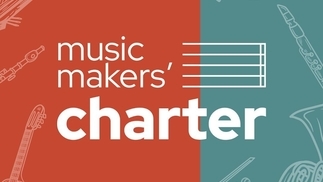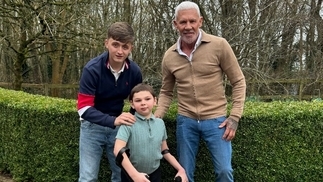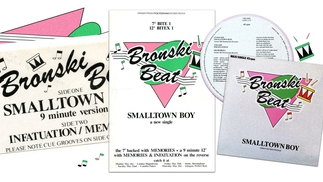Is dance music doing enough for charitable causes?
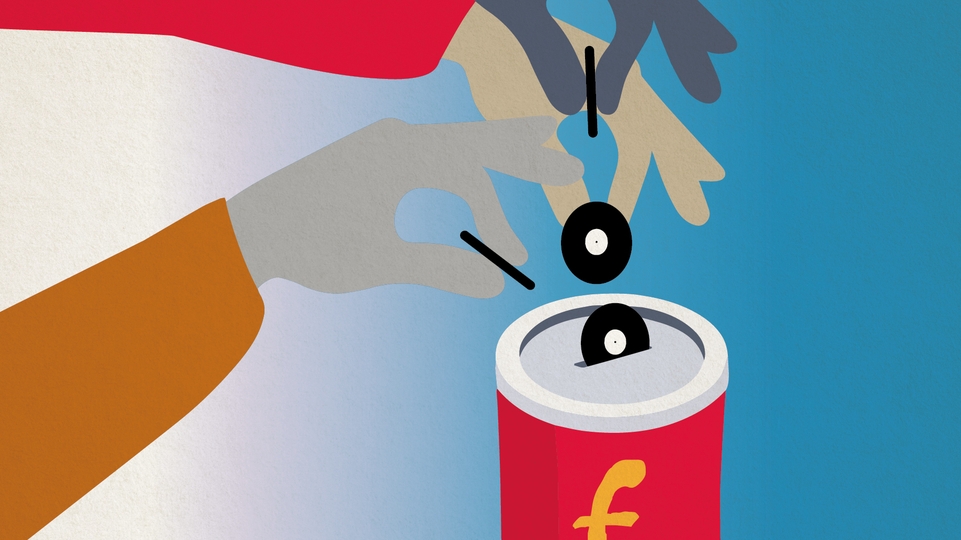
A new crop of charity record labels has sprung up in the UK and France, donating their entire profitshare to worthy causes, and fighting poverty and inequality in the process. DJ Mag talks to the label owners, and asks whether dance music is doing enough to help those less fortunate...
Words: Matt Anniss
Despite austerity hitting all but the most affluent, charity giving continues to rise. According to the Charities Aid Foundation’s annualUK Giving Study, British people donated a whopping £10.3bn to charity in 2017, with 60% of respondents saying that they had made at least one donation in the previous 12 months (an increase of around 2% from the previous year). Given that the proportion of UK households that gave to charity decreased between 1978 and 2008 (source: the National Living Costs and Food Survey), we can safely say that austerity and increased global inequality have spurred the population into action.
But it’s not just in Britain that charity giving is going up; American organisation Charity Navigator claims that in 2017, global charitable donations topped $400bn, with something in the region of $140bn of that figure coming from donors in the USA. Dive further into the Charities Aid Foundation’s 2018 UK Giving report, and you’ll find other salient statistics. For example, there has been a dramatic increase in the number of people signing petitions and actively getting involved in protest movements, a shift that can partially be put down to the anger surrounding the UK’s 2016 referendum on EU membership (not to mention the political paralysis that has followed).
“I think generally as a society and human race, we are realising that in order for things to get better, we need to come together,” says Bobby (formerly Bobby Pleasure), a London-based DJ/producer who is one of a new breed of dance music operatives devoting a large portion of their time to raising money for charitable causes. “The news can be depressing and the future looks bleak. The only thing that can save us now is love.”
LABELS OF LOVE
Dance music and DJ culture have a long history of being associated with both protest movements and charitable causes. At the turn of the 1990s, numerous compilations appeared — the NYC housedriven ‘Red, Hot + Dance’ set being one of the most high-profile — raising money for HIV and Aids charities, while fundraising club-nights and events have been an integral part of the scene for decades. “In the 30 years we have been bleeping, there has been consistent support for charity from the dance community,” says Graham Massey of 808 State, an outfit who have both performed at charity events and given tracks to charity-focused compilation albums. “It is a music culture that was born from caring and sharing. Music counts when hope is thin — music is medicine.”
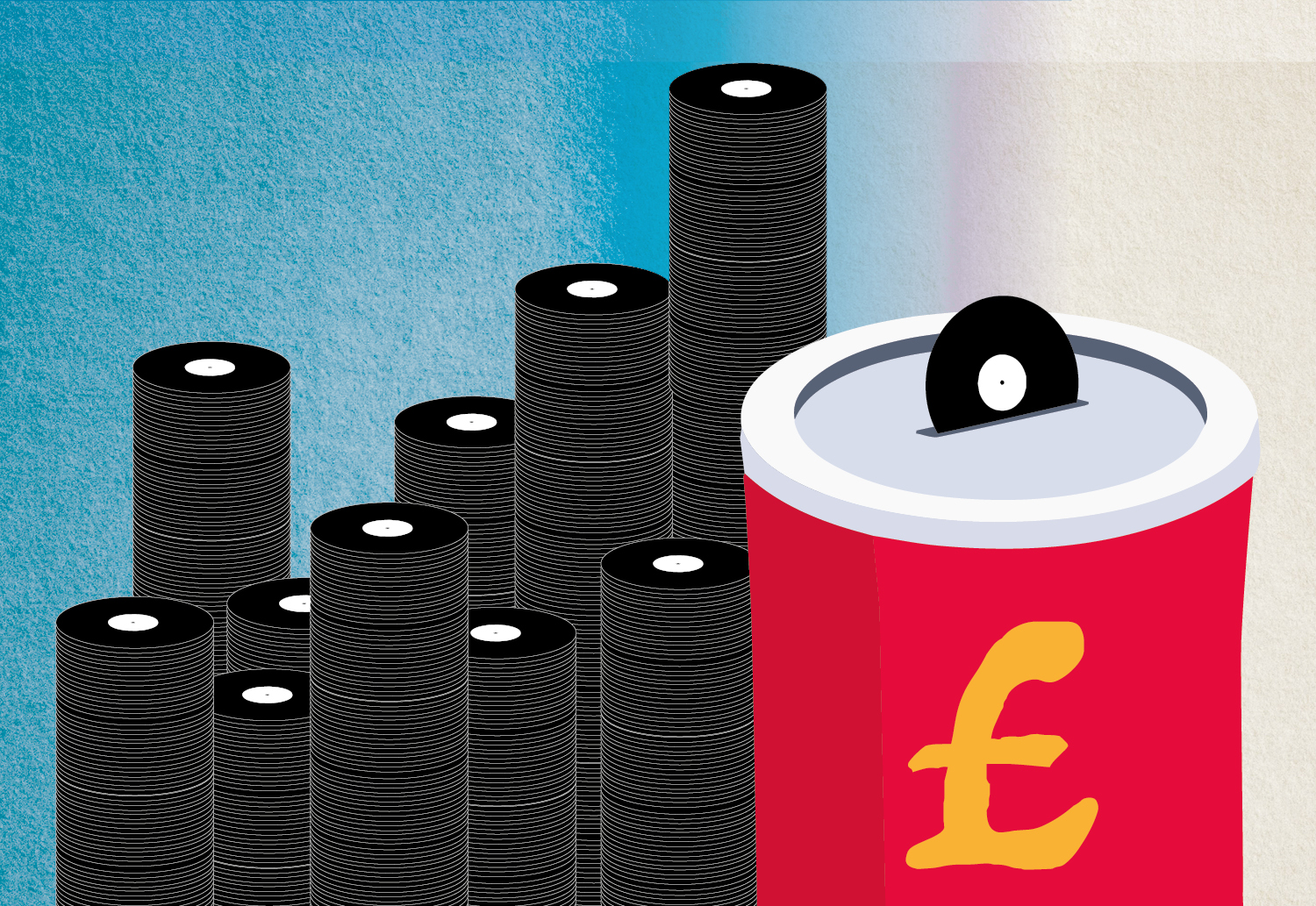
“The bohemian soul of the scene makes for fertile ground when people come together and fight for what they think is right” — Bobby Connolly
Bobby Connolly agrees, citing the “liberal mentality” that has been at the heart of dance music culture ever since the early days of disco in New York, and which famously came to the fore during the UK acid house explosion and its subsequent high-profile battles with government and authority figures.
“The bohemian soul of the scene makes for fertile ground when people come together and fight for what they think is right,” he says. “This was seen when people came together to fight the closure of Fabric, and what Gideon is doing with his protest raves.” Yet while those within the dance music community are often more predisposed to give their time or money to charity, or at least gather to dance in protest, are those in the scene really doing all they can? It’s certainly true that there’s a rump of DJs, artists and enthusiasts going further than ever before to raise money for good causes.
Recent years have seen the emergence of a new fundraising vehicle that taps into the wider increase in charitable donations: the charity record label. These are labels run by dedicated enthusiasts — some professional DJs and producers, others merely passionate fans with a desire to raise cash — who put their profits towards charitable causes. In truth, these charity record labels are still limited in number, but between them have donated upwards of £160,000 to their chosen causes since 2012. In anyone’s book, that’s impressive.
“I think it’s very much a reflection of society, with people realising that they need to do something,” says Keith McIvor, better known to club-goers as Optimo member JD Twitch. “There’s definitely been a significant explosion in small, independent record labels in the last few years. Because many people are running labels as something ‘on the side’ rather than their main job, why not funnel the profits, however small or large, towards charity?”
McIvor speaks from experience. In 2012, he set up one of the first charity record labels, Autonomous Africa, as an offshoot of Optimo Music. It was backed by artists such as Midland, Auntie Flo and various members of Glaswegian band Golden Teacher. “Autonomous Africa tapped into various things, including the growing interest in music of African origin and influence, and of course the rising profile of some of the artists involved, especially Midland,” he says. “The label’s releases sold really well — better, in fact, than anything else I’ve been involved with.” During Autonomous Africa’s three-year lifespan, the label was able to donate “tens of thousands of pounds” to the Mtandika Mission in Tanzania, and to the Tafi Amone community studio in Ghana.
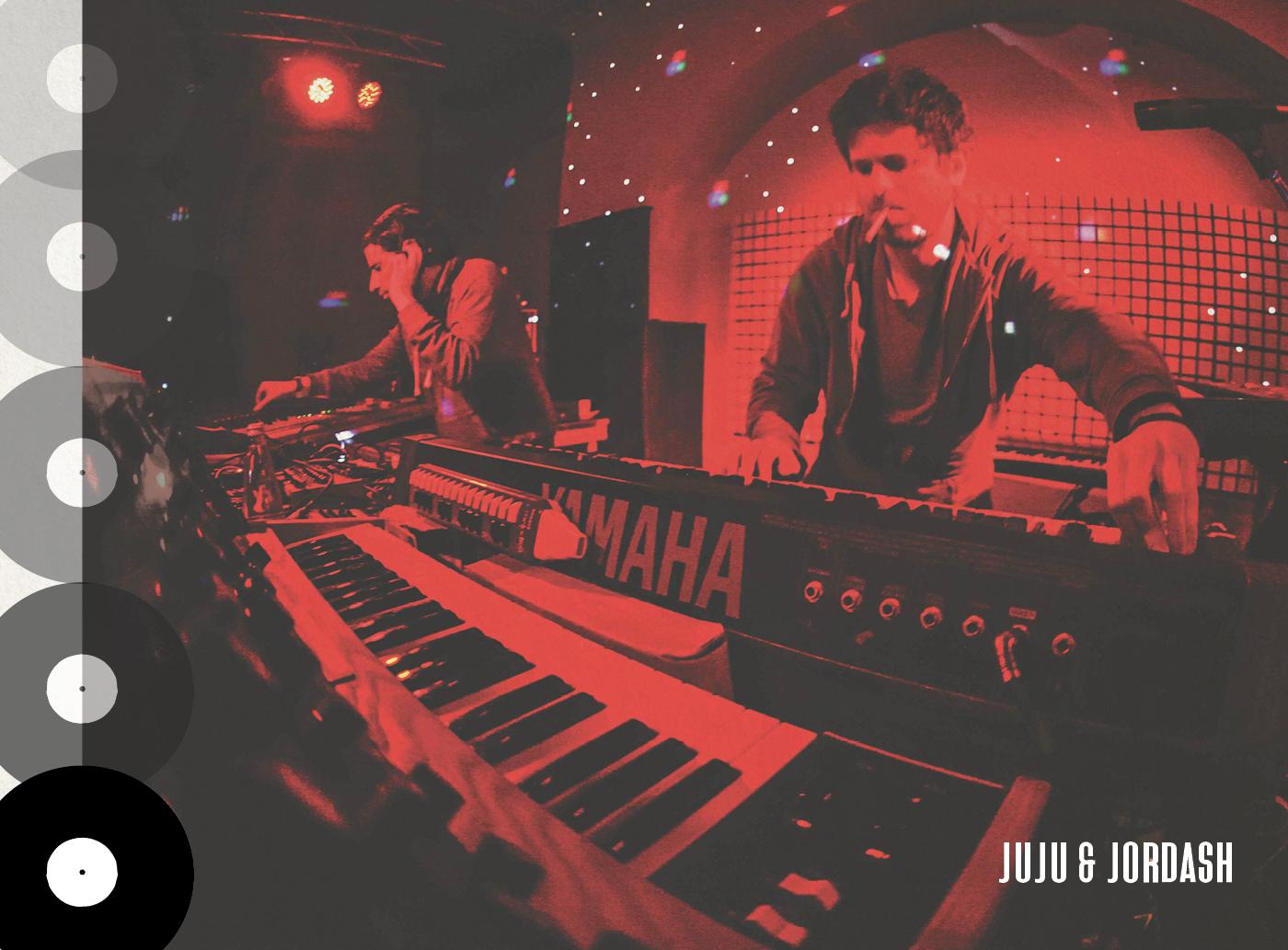
“If you’re smart and do things well, you can raise a lot of money for charity through music releases,” McIvor says. “Artists are much more likely to get involved and help out if they know that you’re doing it for a good cause, and not trying to make money for yourself. It’s an effective way of reaching people. Plus, people who are buying dance music releases would generally tend to be more politically aware and conscientious.”
Although Autonomous Africa put out its final release in 2015, there is currently another charity imprint raising money for projects in developing African nations: Paris-based Lost On You. The label is the work of part-time producer Kelvin Lucas and his life partner Nina Lach, whose experience within the dance music industry was relatively limited prior to Lost On You’s launch last year. “We’d been doing raves in Paris and stuff like that, then Nina got pregnant, and something changed for us,” Lucas says.
“The way we saw the world changed, and the idea of the label started forming then. Not many people think about other people’s needs, so when Nina got pregnant, we started thinking about what we could do to give the opportunity our baby will have to other people around the world. I am from Cuba originally, so I know what it was like growing up hungry.” “For pregnant women, nothing is more important than their baby,” Lach adds. “In many developing countries, women don’t have the chance to carry their baby to the end, because they suffer from poor or non-existent medical care and no vitamins. I read a statistic that said that 40% of women in some African countries either suffer miscarriages or stillbirths.”
The pair spent months researching charities, and attempted to make contact with those they wished to support when Lost On You started releasing music. Shockingly, most they emailed didn’t even respond, something that was a source of great frustration. “Many charities refused to take money from us because they said the amounts were too small for them,” Lucas says. “We know that each Euro can make a difference, so if a charity is refusing to take several hundred Euros, what is the idea behind the charity? That’s why we decided to work with two small charities, Against Malaria, which pays for and distributes malaria vaccines and insect nets, and Build Africa, who put money towards building schools and classrooms. Our ultimate aim is to raise enough money to build a classroom.”
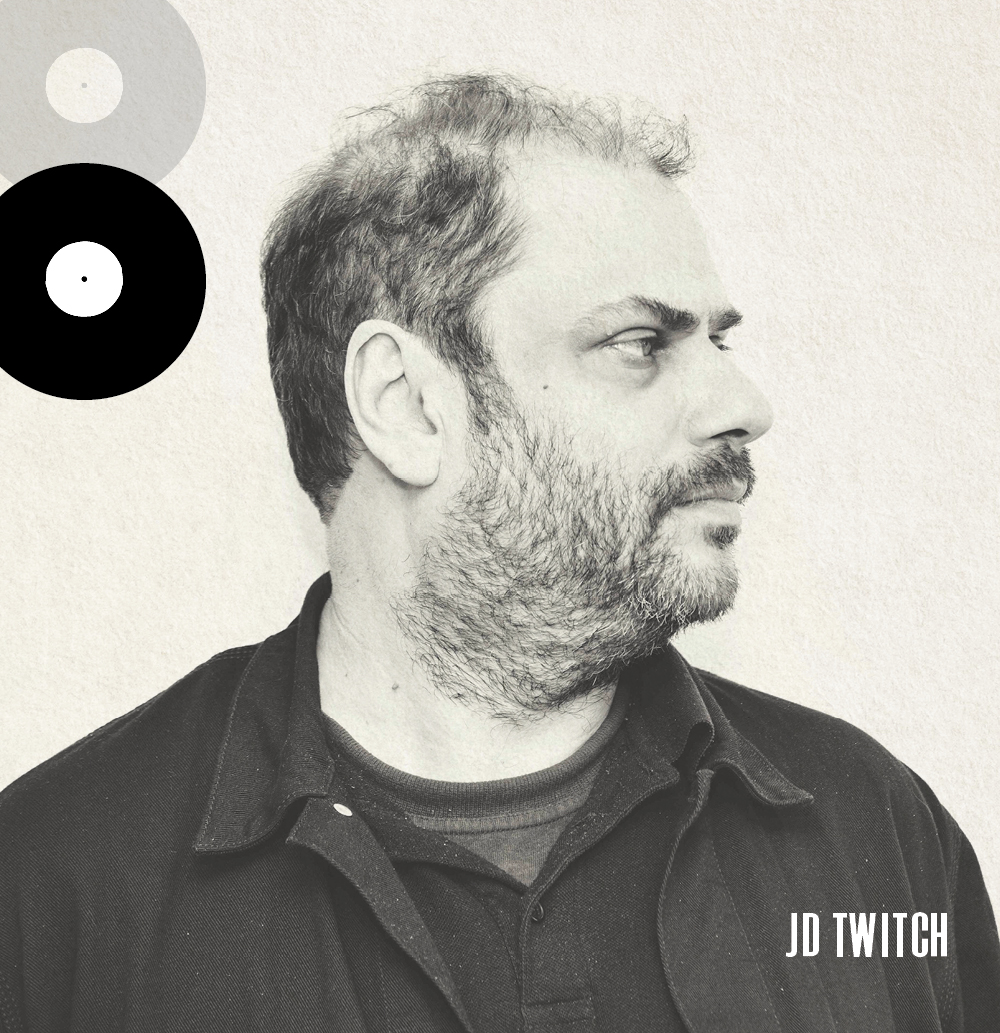
“In a perfect world, the corporations and festivals reaping most of the financial benefits in the scene would be convinced or pressured to contribute more to charitable causes” — Jordan Czamanski
From the start, the pair found it hard to get established producers to release on the label and, even more surprisingly, found that some within the dance music industry were strangely cynical about their motives. “At the beginning it was very hard for us,” Lucas says. “When we were trying to explain what we were trying to do, a lot of people were sceptical. They would say things like, ‘Nobody does this kind of thing for free’. I remember talking to one DJ, a well-known DJ and businessman here in Paris, and he said, ‘Why do you spend all day doing something, and you don’t take a Euro for yourself?’ I tried to explain to him that beyond music there are more important things than money. Sadly, not everyone gets it.”
Lach and Lucas shifted focus away from grabbing music from well-known names, and instead invited up-and-coming artists and new producers to submit demos. To date, they’ve released 14 digital-only EPs of underground techno and tech-house from producers including Rafael Cerato, Mattea Pompeo, Haze-M, Several Definitions and Florian Kruse. “When Nina and Kelvin got in touch with me, I loved the idea of the label,” Kruse says. “I loved the idea of doing something with my music. I am a father, too, and helping children that are not born into good conditions is something that I like to support. When the label requested demos, they had no exposure and were starting from scratch. The charity factor and the people involved were my main reasons for releasing on Lost On You.”
Because many of their artists are only beginning their careers, Lach and Lucas feel an obligation to promote them as much as possible. In turn, their artists excitedly spread the word on social media about each monthly release. “It’s a way of paying back the artists for letting us release their great music, and for them raising awareness of the causes we’re supporting,” Lach says. “We cannot pay artists or share the income, so we support them as much as we can by finding a nice premiere, getting them interviews or arranging articles in magazines.”
Lost On You has also been helped in its fundraising efforts by support from other companies in the production chain. In order to help maximise sales and profits, Spanish mastering and mixing studio Pobla gives the label a special low rate, while Beatport has provided promotion, including site banners and editorial support, free of charge. “From the start, we realised that we had to minimise the cost of production as much as we could,” Lucas says. “That’s why we pretty much do everything ourselves. It’s a lot of work, but it’s worth it when you see how the money you’ve raised has been spent, and the people it has helped.”
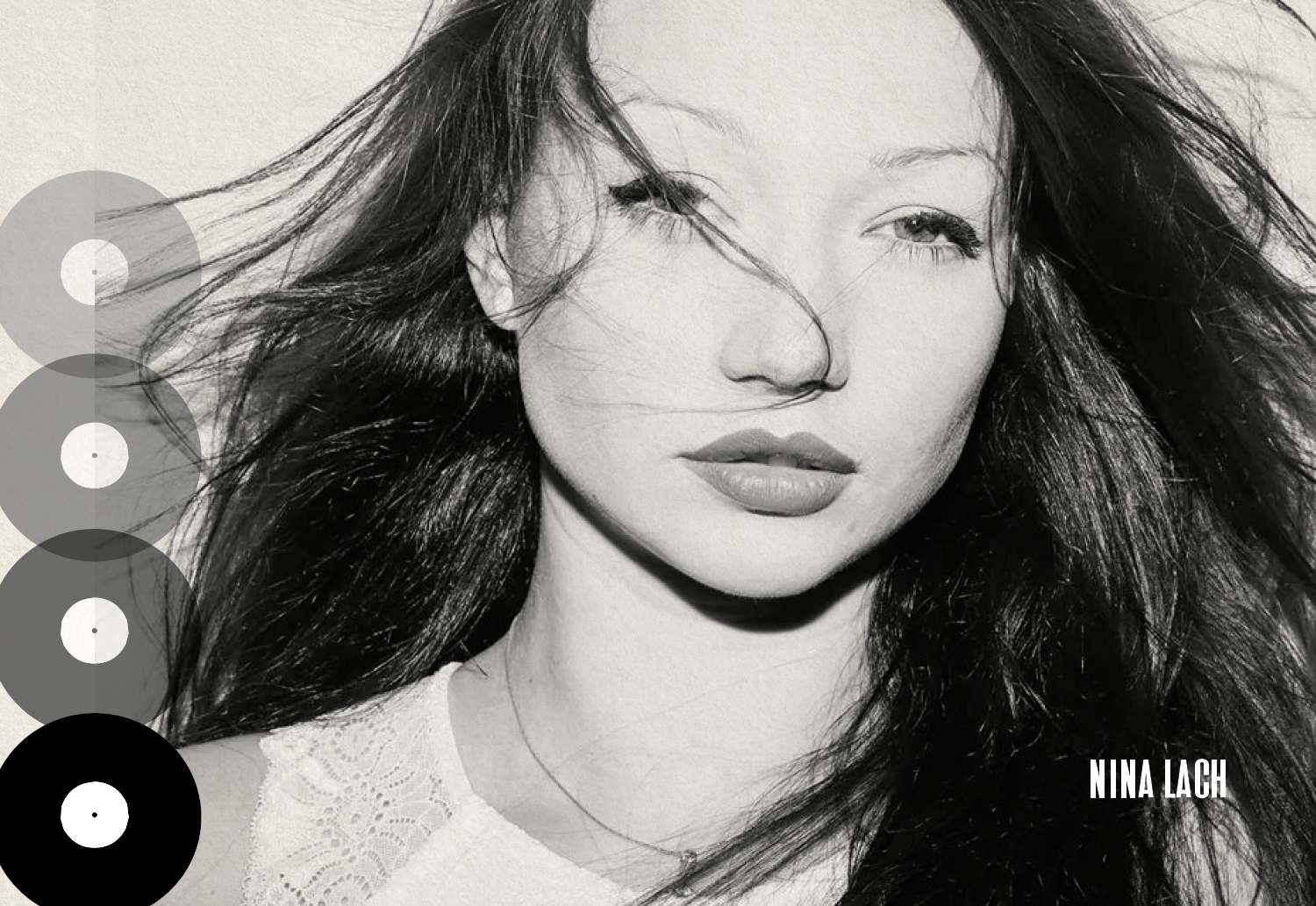
DEDICATED
When talking to anyone involved in running a not-for-profit charity record label, what shines through most of all is their dedication. While one or two are full-time DJs and producers, just as many hold down unrelated day jobs, and somehow manage to run a fundraising label in their spare time. Martin Boulton is a particularly good example. Based in a remote part of Pembrokeshire, Wales, Boulton works 48-hour weeks as a social care nurse, specialising in adults with learning difficulties. He also finds time to run Touched Music, an imprint founded in 2013 that now boasts a vast back catalogue of high-quality ambient, electronica and IDM releases. Boulton was inspired to found Touched Music when his mother was diagnosed with cancer.
“When my mum was ill, I would have done anything to get her well,” Boulton says on a rare day off from work. “I was a producer myself, and had been talking to a few artists I knew anyway about maybe putting a compilation together, so I thought, ‘Why don’t I do a one-off album in aid of Macmillan Cancer Support?’ I spent four or five months getting that compilation together. It sold really well — I would have been happy if it had made a grand for Macmillan, but in the first two weeks alone, it made between £4,000 and £5,000.” Simply called ‘Touched’, that digital-only compilation featured an astonishing 123 tracks, with contributions from not only up-and-coming producers, but also such high-profile underground electronic artists as Future Sound Of London, 808 State, Plaid, Plone, Si Begg, Tim Hutton and VHS Head. It was a runaway success, so Boulton decided to turn Touched into a fully-blown label.
“After doing the compilation and launching the label,” he says, “I got loads of emails from people saying, ‘I’m glad you’ve done this — it really helps’. I still get emails to this day from artists explaining that their mum or dad passed away from cancer, and offering me tracks to release free of charge. Nearly everybody has been touched by cancer in some way — that’s why I called the label Touched. Even if cancer hasn’t touched you or your family directly, you will know someone who has been.” Since the label launched six years ago, Touched Music has been a runaway success. Artistically, it is well-regarded within the underground electronic music community — “People tell me that we’re the new old Warp Records,” Boulton jokes — and has so far raised over £77,000 in aid of Macmillan Cancer Support. The label not only has a dedicated charity number to keep things above board, but also meticulously lists the amount of money donated from each release via its Justgiving page.
“Martin is a great chap with a great set of ears,” says Brian Dougans from Future Sound Of London, an act that has contributed many tracks to Touched Music compilations and EPs. “Just listen to some of the music that Touched has put out — the quality level is very high. Macmillan supported my dad through his last days before he died, so as soon as Martin mentioned that was the charity he was supporting, I knew I wanted to get involved.” Luke Vibert, who has also contributed tracks to Touched Music releases, had similarly personal reasons for getting involved, while another contributor, John Tejada, feels that the label’s success is as much down to the strength of its catalogue as its charitable status.
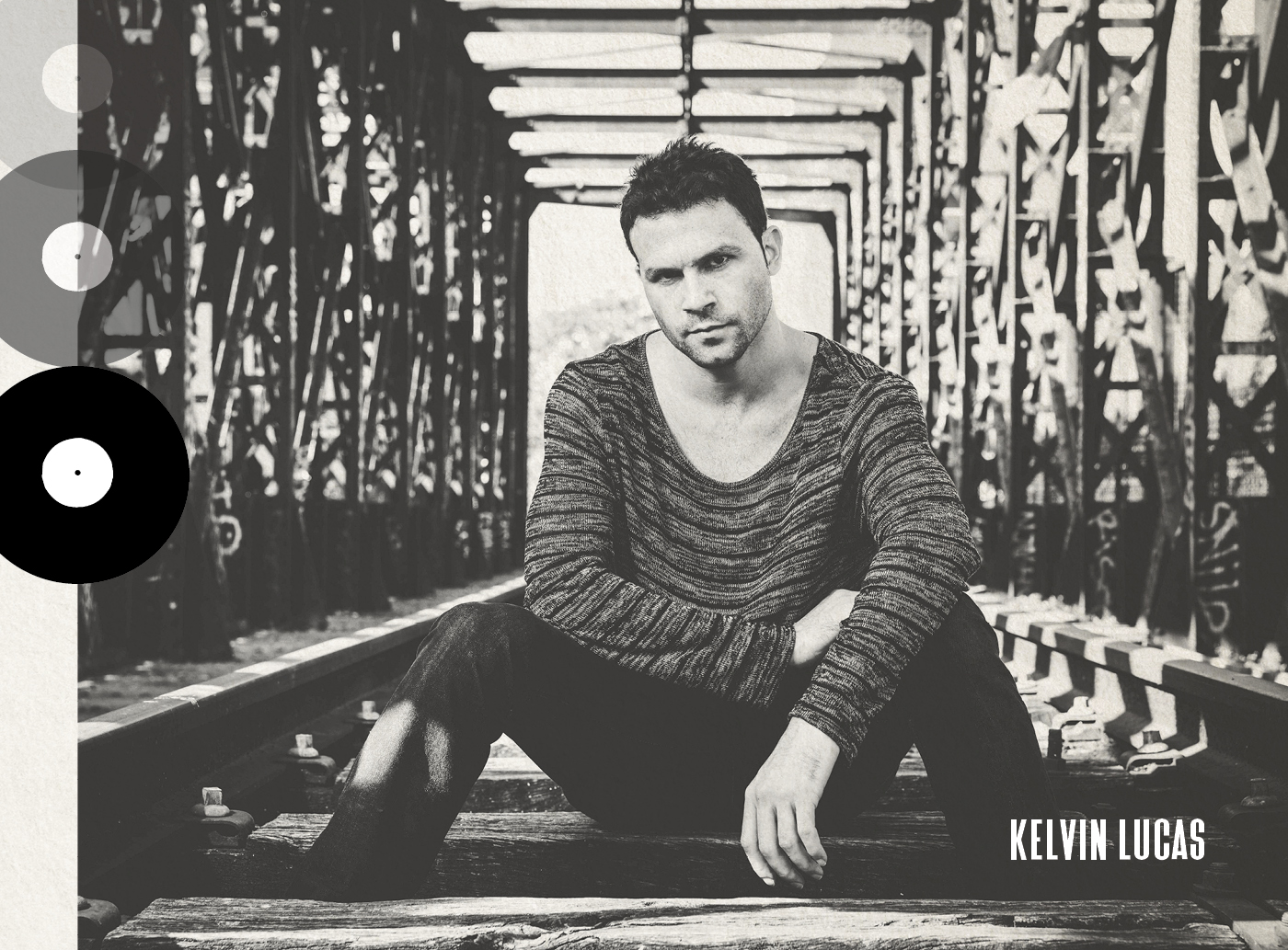
“I first got involved because Andy Turner from Plaid had mentioned it to me,” he says. “The cause is important, and it is something that has affected people dear to me, but above all, Martin puts out great music. Touched is a great label, Martin is a great person and regardless of the cause, I would have worked with him.”
CAUSES WIN PRIZES
When it comes to charity labels, supporting causes that buyers can easily relate to is hugely important, as the success of Touched Music proves. However, it is possible to run a successful charity imprint and support a wide range of good causes. This is the thinking behind Needs — Not For Profit, the label set up by Bobby Connolly aka Bobby Pleasure in 2017 after he left 2020 Vision (a label he managed for the best part of four years). Unlike other charity labels, which tend to be focused on one specific cause, Needs releases have variously supported mental health charity MIND, Help Refugees, homeless charity Crisis and UN Women’s HeForShe project (the latter with the support of Peggy Gou, who contributed a track to a fundraising EP and also played for free at an associated charity club-night).
The label’s next release, featuring tracks from Eris Drew, Edward, D Tiffany and Henry Hyde, will support climate change charity Cool Earth. “Needs is not specific to one charity or cause,” Connolly says. “It’s really about spreading the ideology of giving rather than taking. The only way the planet and the human race can move forward successfully is if we all come together, show love and start to look after one another. All charity is equally as important, and there are so many areas that need our support.” Connolly admits that profit margins are fine on some music releases, which sometimes hampers the amount of money he can give to the charities Needs supports. In fact, he admits that so far, Needs has raised more money through its fundraising club events in London.
“So far we’ve done three events, which have raised in the region of £4,500 between them,” he says. “Later this year, we’ll also be holding events in Bristol in June, and London in July. We don’t encounter many problems with the label, but putting together line-ups for our fundraising nights is more difficult — particularly securing DJs to play in London. This is either due to exclusivity clauses from clubs, or agents being difficult.” Many of those involved in charity labels have complaints about the attitude of managers and agents, some of whom don’t seem to be as charitably minded as the artists they represent.
“A lot of the time, when you try and contact a higher profile artist, they will just say ‘speak to my manager’, and then the manager doesn’t care at all, so stops responding,” Lost On You’s Nina Lach says. “I once received a response from a manager by email that said, ‘Can you explain what my artist will achieve by doing this release?’ Well, they’ll do something good. It’s sad that for many in the music industry now, it’s just about business.” Earlier this year, Keith McIvor launched his second charity label, Against Fascism Trax. It was inspired by his horror at the growth of far-right activism and terrorism around the world, and a desire to raise money for Hope Not Hate, a charity that does much good work in the fight against racism and fascism. After announcing the launch of the label, he was delighted to receive an email from Hot Chip’s Joe Goddard offering to do an EP for Against Fascism Trax.
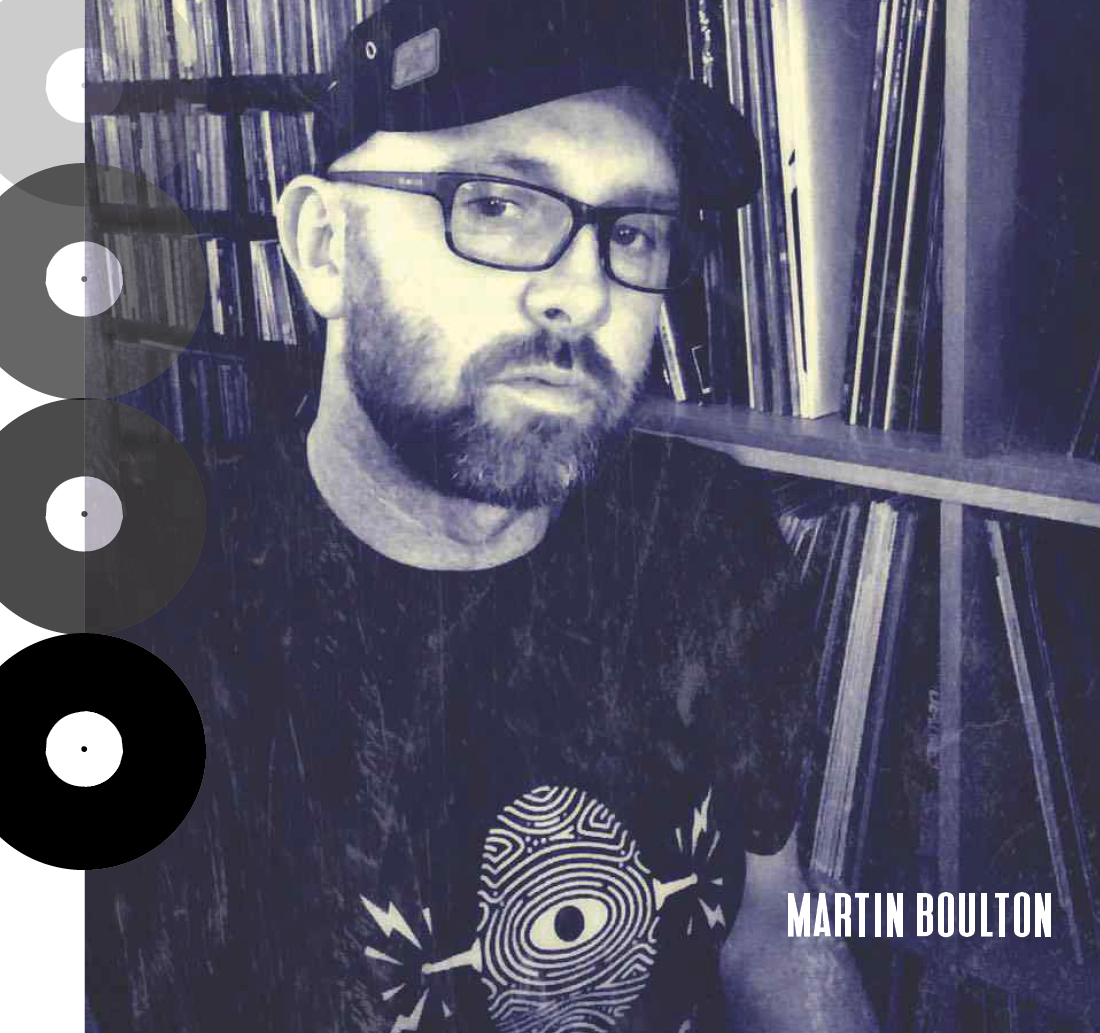
“In the case of Joe Goddard, he passionately wanted to support what we’re doing, but his manager was encouraging him to do it, too,” McIvor says. “Most managers or agents would tell their artists to shy away from anything that may in some way be controversial or divide opinion.” Most wouldn’t think that speaking out against fascism and racism would be controversial, but the Optimo Music founder has been surprised how divisive his new label venture has been. “I’ve had several emails and Twitter messages from people saying that I should keep politics out of dance music,” he says. “Sometimes I ignore them, but it’s hard to, as I come from an era when just the act of dancing to underground electronic music was inherently political. With Against Fascism Trax, I didn’t ask anyone for solidarity, but I did think that a few more of my peers may have expressed interest or given it support on social media. Perhaps people don’t want to get involved in case it harms, and I hate to use this term, their ‘brand’.”
Charity labels have undoubtedly raised a significant amount of money for good causes in recent years, but there’s still a feeling among those involved that the dance music industry could do so much more. When you consider that the global electronic music industry is said to be worth over $7bn, a few hundred thousand pounds here and there is little more than pocket change. Quite a few of the biggest DJs in the world — Armin van Buuren, Martin Garrix, Hardwell and David Guetta, for instance — are involved with charities now, but there’s certainly room for more. “Dance music has become huge business, and although there’s this movement of charitable or political labels, it’s still a tiny part of the scene,” Keith McIvor says.
“Artists that have got to a certain level of success and are set for life are in a position where they could do something incredible with that power or money, but for some reason, it often doesn’t occur to these people to do anything. The impulse to do something comes naturally to some, while to others it never crosses their mind.” Needs’ Bobby Connolly agrees. “Of course more can be done in every industry,” he says. “Ideally wealth would be more evenly distributed, and those people at the top would give a percentage of their earnings directly to charity.” Kelvin Lucas and Nina Lach hope that what they and others are doing with charity labels will inspire others within dance music to launch similar projects.
“We were one of the first to do this, but we don’t want to be the only ones,” Lucas says. “Our hope is that big labels will do the same. Even donating a small amount of their income would make a big difference. Big artists and labels need to take a step back and think about it.” Lach is in full agreement with her partner and Lost On You co-founder. “There’s so much that could be achieved,” she says. “Imagine a big charity festival, with connections to big DJs and record labels. This is our goal. These big event promoters and DJs should use the power they have.” Jordan Czamanski, who contributed a track to a 2018 Needs release as part of Juju & Jordash, agrees with this view. “It would be great if there were more charity initiatives in dance music, but it’s a dog-eat-dog survival world for all but the top 5% of artists and promoters in the scene. In a perfect world, the corporations and festivals reaping most of the financial benefits in the scene would be convinced or pressured to contribute more to charitable causes.”


